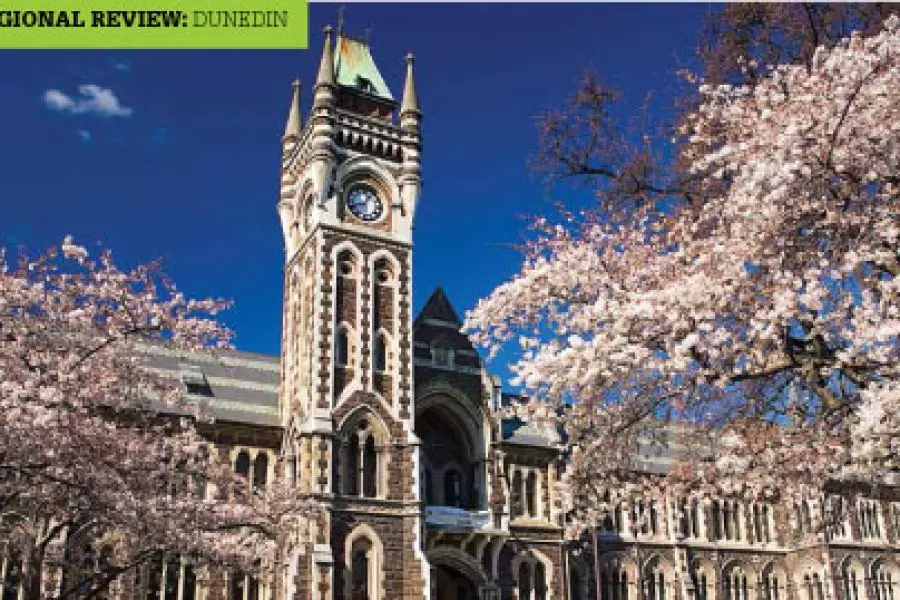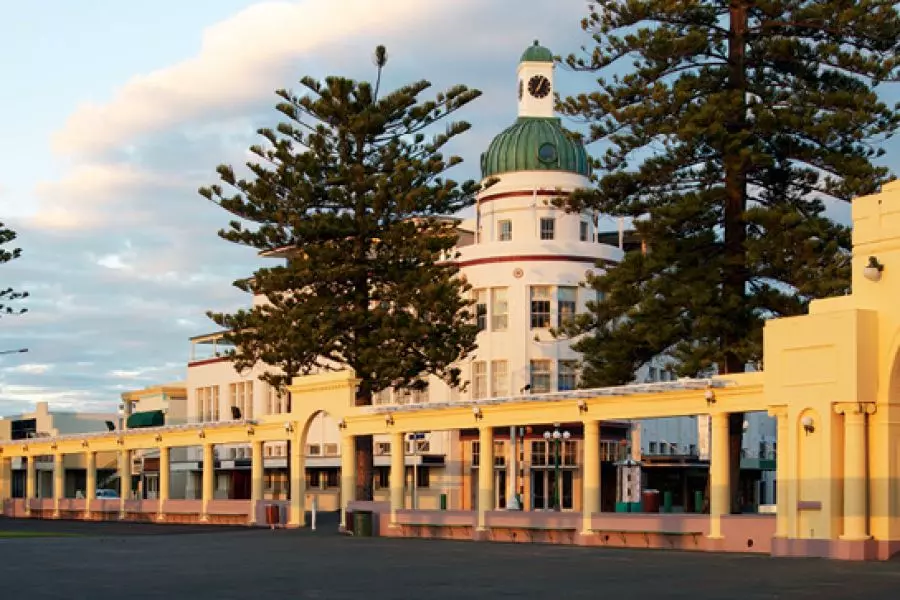News
Dunedin experiencing growth

Monday 3rd of April 2017
After suffering an economic decline over the last decade, Dunedin is clawing its way out of the doldrums with a buoyant property market, building boom and workforce expansion.
In July last year, investors from Auckland and Central Otago turned their eyes to Dunedin when the 40% loan-to-value restrictions were introduced.
Harcourts Dunedin manager Richard Stringer says Otago stan...
Want to read the full article?
Click the button below to subscribe and will have unlimited access to full article and all other articles on the site.
8 min read
10 min read






![[The Wrap] Bye Bye Bayly](https://goodreturns.publit.io/file/c_fill,w_900,h_600/39f23ac1-f7c7-4854-b700-a150004ebbac.webp)


